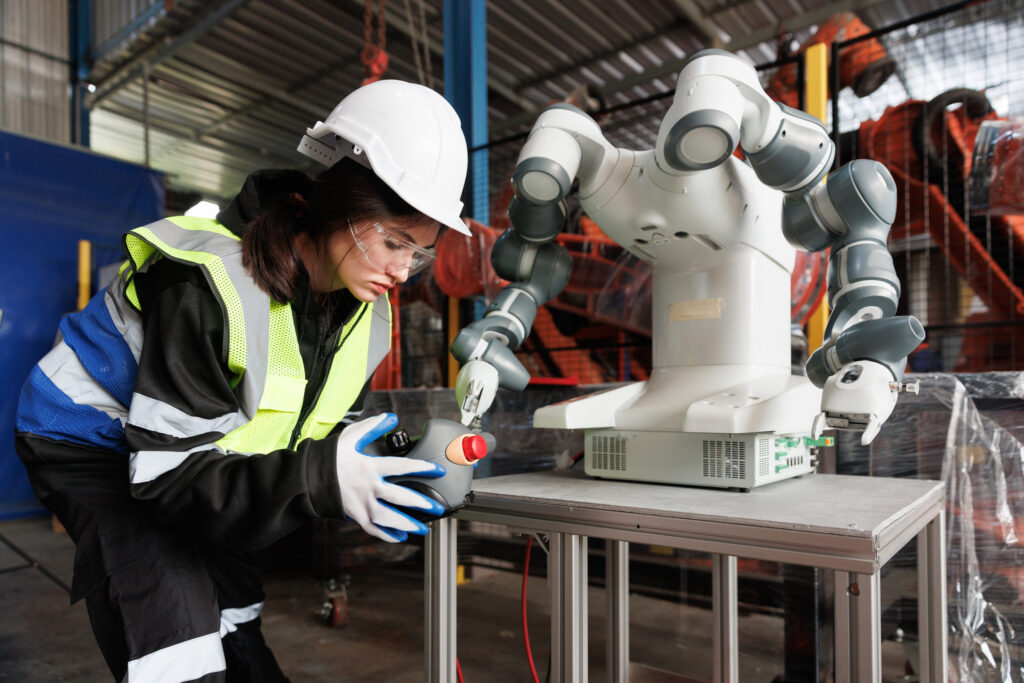OpenAI Could Revolutionize Automation with Generative AI, Pioneering Intelligent Edge Applications
OpenAI has upped the ante once again. And its impact could be as big as ChatGPT.
In an unprecedented move that marks a significant milestone for the technology industry, OpenAI is seeking to integrate Generative AI into process automation.
On February 7th, The Information reported on OpenAI’s investigation into the realm of process automation. This initiative is not just a leap forward for OpenAI but signals a transformative shift for intelligent application development at the edge of network computing. This breaking news reveals OpenAI’s ambitious plans to harness Generative AI for operating devices and automating tasks, setting a new precedent for the industry.

A major leap forward for process automation into true autonomy
Historically, Robotic Process Automation (RPA) vendors such as IPath, BluePrism, and Automation Anywhere have dabbled with integrating Generative AI into their applications. However, OpenAI’s entry into process automation represents the first time a company specializing in Generative AI has taken such a step. This development is particularly promising for companies operating at the edge, where robots, smart devices, and intelligent buildings are increasingly becoming the norm.
At the edge, autonomous systems operate largely independently, with minimal interaction with central control systems or traditional IT automation. The integration of Generative AI into this ecosystem is poised to bridge the gap between isolated intelligent entities, IT automation, robotics, IoT, and control systems, culminating in a unified and powerful stream capable of driving digital twins and advanced applications.
Unlike traditional RPA, which is limited by its reliance on predefined rules and is thus suited only for simple and structured tasks, Generative AI offers a dynamic and adaptive approach to automation, closer to true autonomy. With its ability to understand context, make decisions based on nuanced data, and continuously improve through learning, Generative AI is well-equipped to handle the complexities inherent in intelligent applications at the edge. This adaptability and capacity for self-improvement ensure that automation processes can evolve over time, reducing the need for constant manual oversight and reprogramming.
RPA and Generative AI hybrid? Maybe, maybe not.
Despite these advantages, deploying Generative AI is not without its challenges. The complexity and resource demands of implementing such solutions far exceed those associated with traditional RPA. Moreover, the unpredictable nature of Generative AI’s decision-making processes necessitates comprehensive testing and validation to ensure consistent and reliable outcomes. Integrating Generative AI into existing systems may also pose significant challenges, potentially requiring extensive modifications to infrastructure and workflows.
As the industry navigates these challenges, a hybrid approach that combines the strengths of RPA and Generative AI may emerge as the most effective strategy for many applications. However, the unique demands of intelligent applications at the edge seem to particularly favor the adoption of Generative AI, given its versatility and innovative capacity.
Automation powered by Generative AI
OpenAI’s foray into process automation with Generative AI heralds a new era of automation technology. By enhancing traditional RPA with intelligent, adaptive capabilities, Generative AI opens the door to more efficient, adaptable, and intelligent automation solutions. The journey ahead will require overcoming significant hurdles, but with a strategic and thoughtful approach, the potential benefits for businesses and society at large are immense.
Join us at the Edge World Summit at the Computer History Museum for an unparalleled gathering of 500-700 pioneers ready to challenge the status quo and drive forward into a new era of technology. This is your chance to be at the forefront of an architectural revolution, perfect for the burgeoning field of intelligent applications and autonomous systems. Don’t miss out on shaping the future where the limits of technology are constantly redefined.


